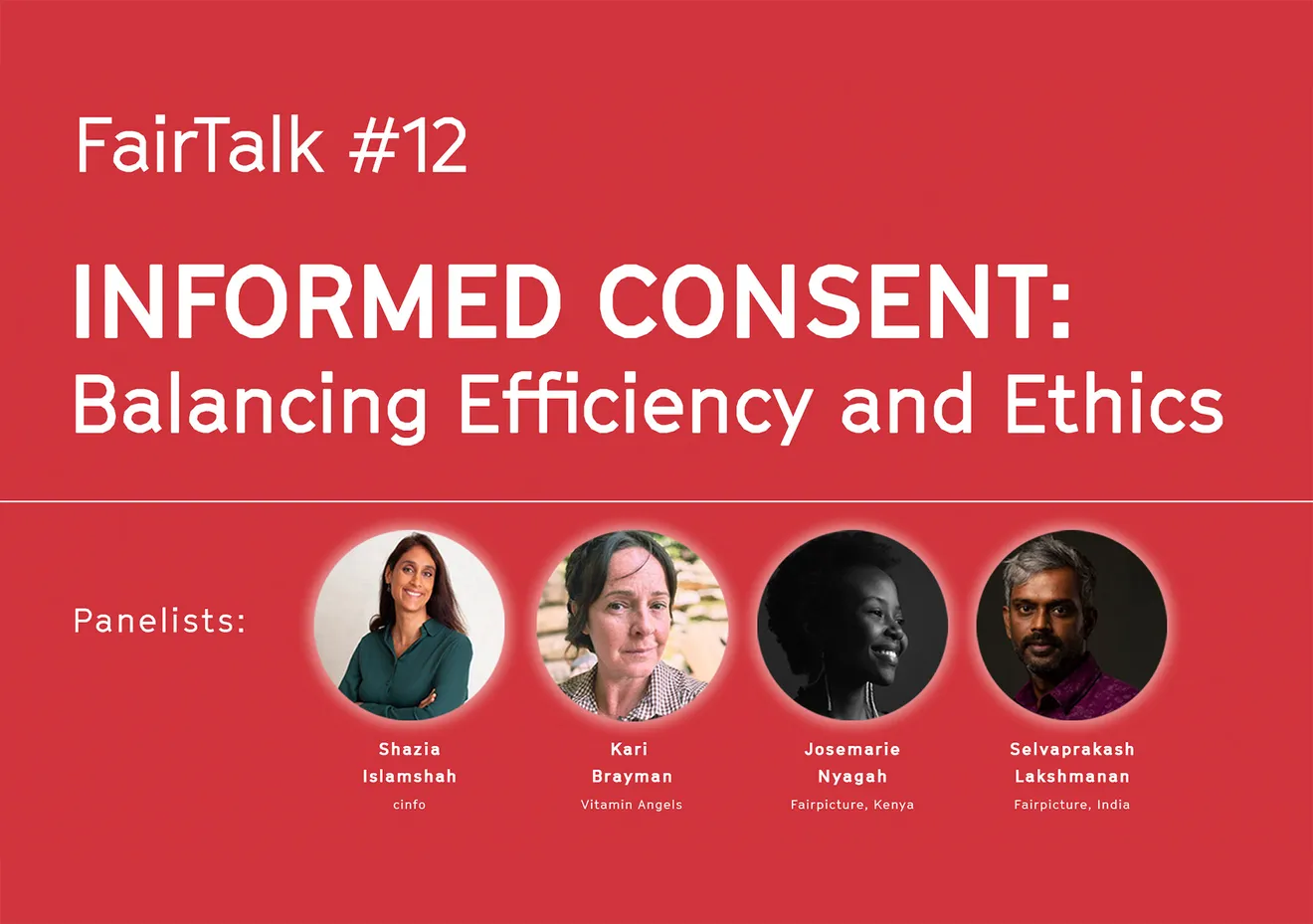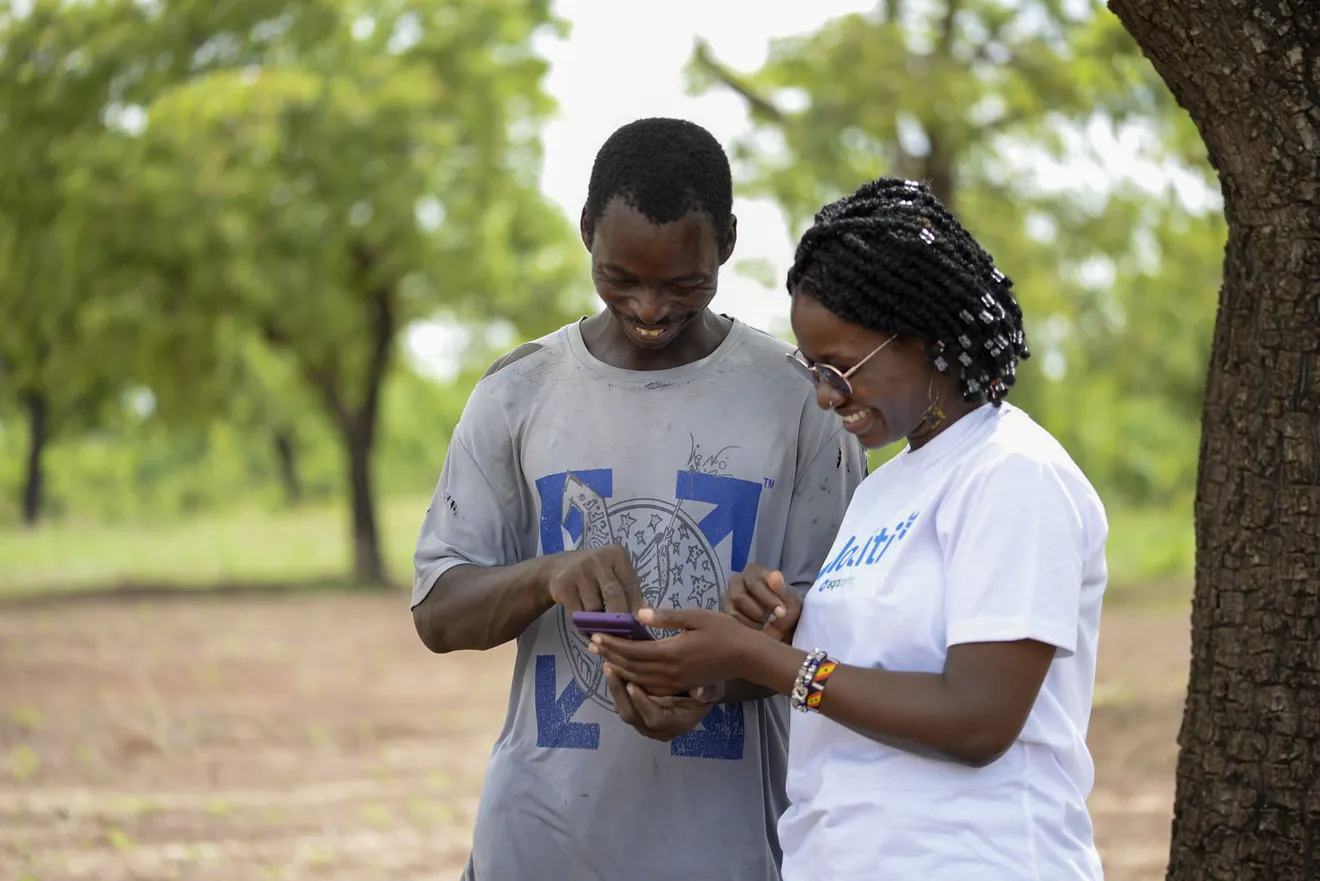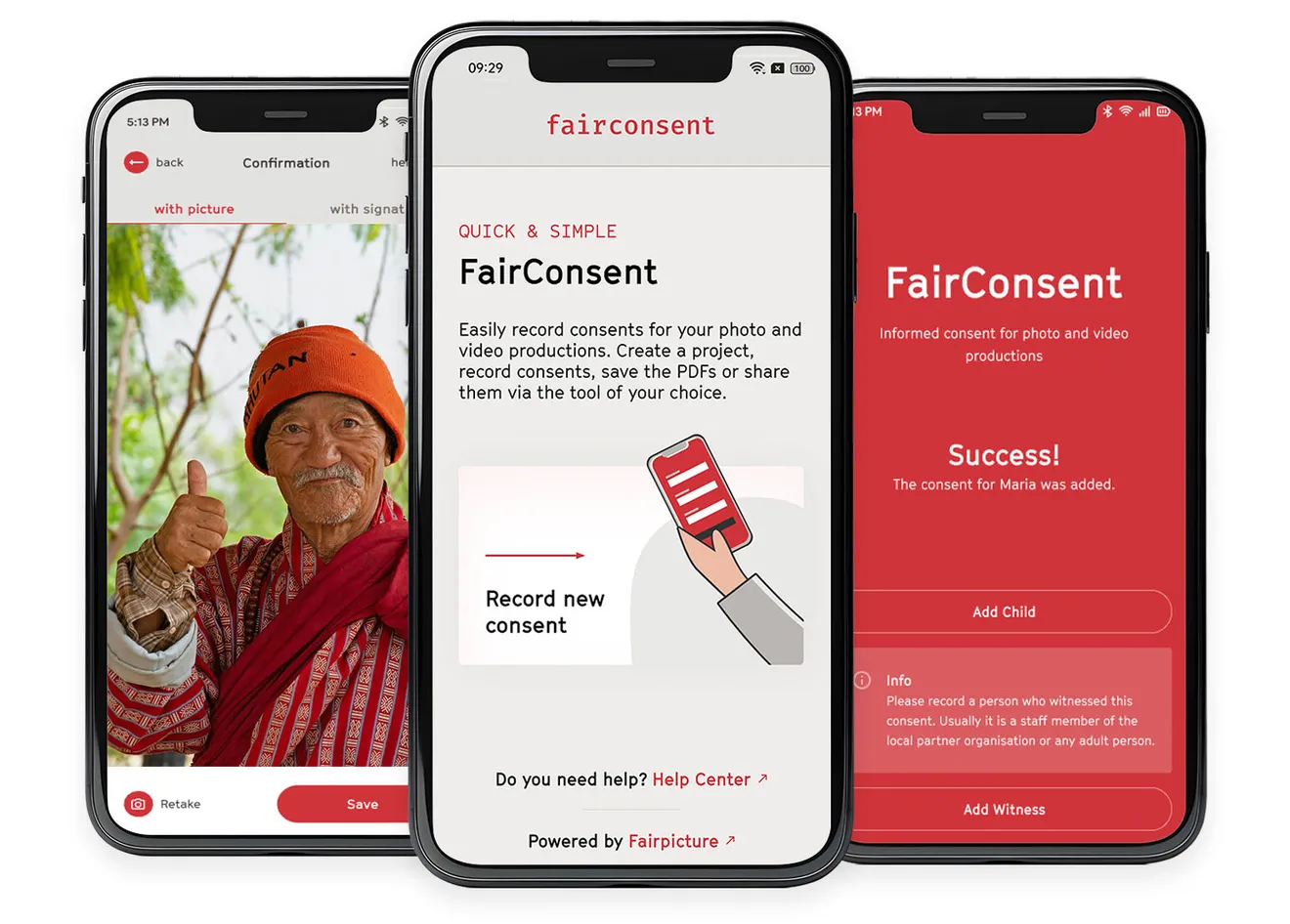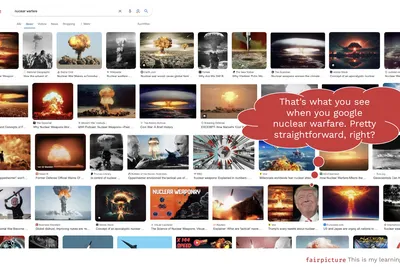
FairTalk #12, 3rd September 2024
In our latest edition of FairTalk, we discussed about the delicate balance between efficiency and ethics in informed consent. The conversation, enriched by record attendance of our community and diverse insights, brought together a range of voices to explore how to responsibly gather content while upholding ethical standards. Informed consent is a cornerstone of ethical storytelling, but how do we make it efficient without sacrificing integrity? This was the core question that guided our discussions.
Panelists:
Moderator: Aurel Vogel, Co-founder at Fairpicture
During FairTalk #12, our speakers emphasised that balancing the drive for efficient content creation with the imperative for ethical practice requires empathy, transparency, and a genuine understanding of the cultural contexts in which we operate.

Photo: Abdul Raafi Mohammed
Informed consent goes far beyond simply obtaining permission. It’s about creating a space where individuals feel empowered to share their stories — or not — in a way that respects their autonomy.
One of the key themes was understanding power dynamics in visual storytelling. Shazia and others highlighted the often unseen complexities that arise when capturing images and narratives, particularly in communities that may not be accustomed to being in front of a lens.
Acknowledging these dynamics means prioritising empathy over efficiency, making sure that those involved are truly comfortable with how their images and stories will be used. This often means slowing down, taking time to build trust, and being clear about intentions.
Kari shared a thoughtful approach to content collection, focusing on equitable standards. She uses a printed booklet to explain to participants how their images or stories will be used, ensuring clarity and authentic representation. This seemingly simple step is a powerful way to bridge the gap between ethical intent and practical implementation, making sure that consent is both informed and freely given.
Meanwhile, Aurel and Josemarie discussed innovative strategies for obtaining consent, even in unpredictable environments where direct communication can be challenging. Visual tools like the Fair Consent app can facilitate understanding, helping participants grasp what they are agreeing to without ambiguity. It’s an example of technology being used not just to streamline the process, but to enhance the ethical quality of the interaction.

FairConsent App v1.5, by Fairpicture
Efficiency in obtaining informed consent doesn’t have to mean compromising on ethics. It’s about creating systems and tools that support ethical interactions at scale. This is where Fairpicture’s FairConsent app comes in, designed to make obtaining informed consent both simple and meaningful.
We’re excited to announce that a new version of FairConsent, specifically for teams and organisations, is coming soon!
This version will be tailored to help streamline global productions while ensuring ethical standards are upheld.
Join the waitlist now to receive early access and personalized support.
Watch the full recording of FairTalk #12 on balancing ethics and efficiency in informed consent collection.
Held on September 3rd, 2024, it saw record attendance and engagement, reflecting the growing interest in ethical practices across organisations. This momentum inspires our efforts towards a fairer and more ethical visual representation of our world.
Our discussion in FairTalk #12 underscored that the path toward ethical content creation is a collective one. By sharing practical strategies, tools, and insights, we are building an ecosystem that values authenticity and respect over mere speed and quantity.
Let’s keep the conversation going and continue to evolve how we tell stories: responsibly, ethically, and with the full consent of those we feature.
Connect with us via LinkedIn and subscribe to our newsletter to join the community.

July 2024 - Noah Arnold
The Fairpicture lens on representation and stereotypes is relevant in many fields. See how we challenge the depiction of nuclear weapons, exploring ethical journalism and societal impact.
Learn more about Deconstructing Nuclear Weapons Stereotypes: The Intersection of Journalism and Ethics

December 2022 - Miša Krenčeyová
– and that’s why it matters. Miša Krenčeyovás blog post about the starting points for striving towards fair representation.
Learn more about Representation is not reality – and that’s why it matters

October 2025 - David Girling
Interviews with storytellers from Cambodia, Burundi and Kenya show how NGOs can turn ethical guidelines into practice—centering consent, dignity and context.
Learn more about The Practicalities of Ethical Guidelines in NGO Storytelling